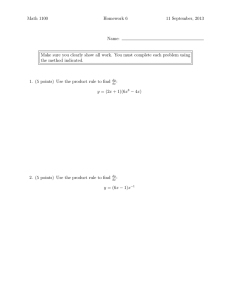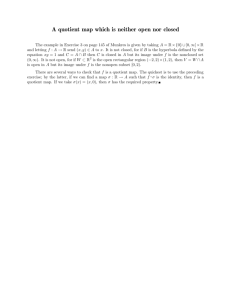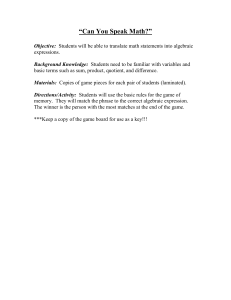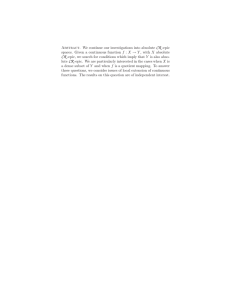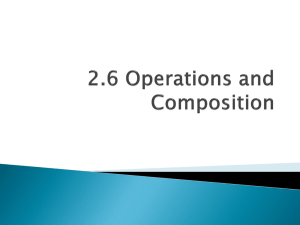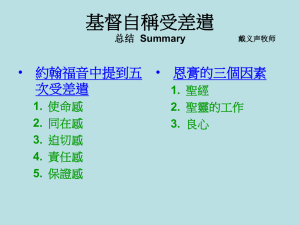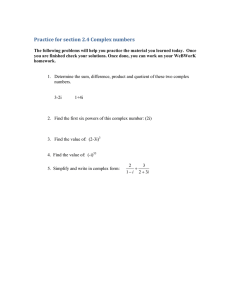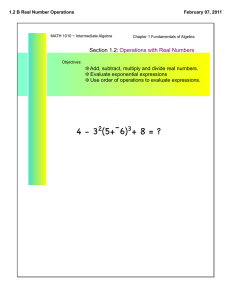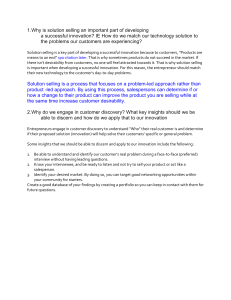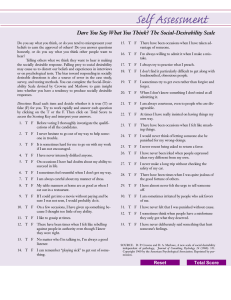Unit 2
advertisement
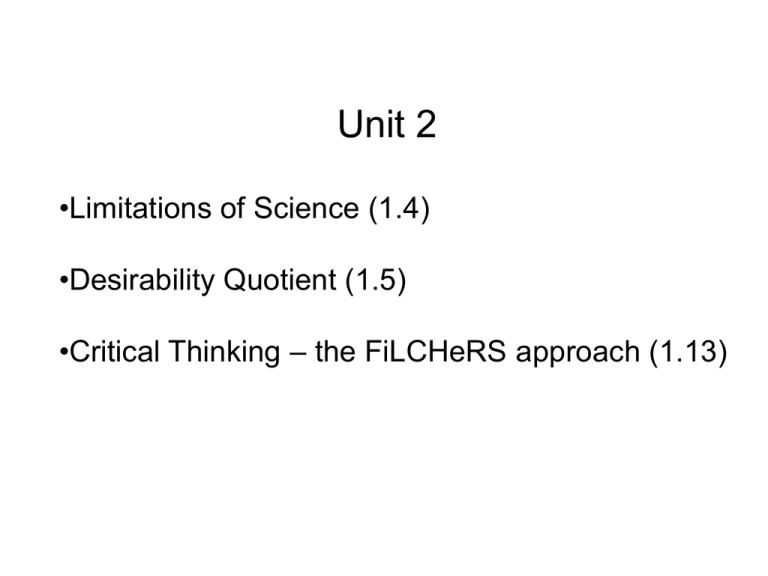
Unit 2 •Limitations of Science (1.4) •Desirability Quotient (1.5) •Critical Thinking – the FiLCHeRS approach (1.13) Limitations of Science (1.4) • Lack of control of all variables • Interpretation of results subject to judgment Desirability Quotient (1.5) • Scientific advances often offer benefit but also bring some level of risk • Desirability quotient (DQ) is a means of evaluating benefit and risk and is given as: Benefits DQ Risks • A high DQ means the benefits are significant compared to the risks Examples of DQ? Critical Thinking (1.13) • How do we evaluate the validity of a scientific claim? • Can use an approach with the acronym of FiLCHeRS (Lett, James, The Skeptical Inquirer, Volume 14.4, Fall 1990) • A claim might be true if it passes all six FiLCHeRS tests given on the next two slides • If it fails any of the tests it is likely to be false FiLCHeRS Criteria • Falsifiability – must be possible to conceive of evidence that proves a claim false • Logic – argument offered as evidence in support of any claim must be sound • Comprehensiveness – evidence must be exhaustable – all evidence is considered • Honesty – evidence evaluated without self-deception FiLCHeRS Criteria (continued) • Replicability – experimental evidence must be reproducible • Sufficiency – evidence offered in support of a claim must be adequate to establish the claim’s truth FiLCHeRS Examples?
